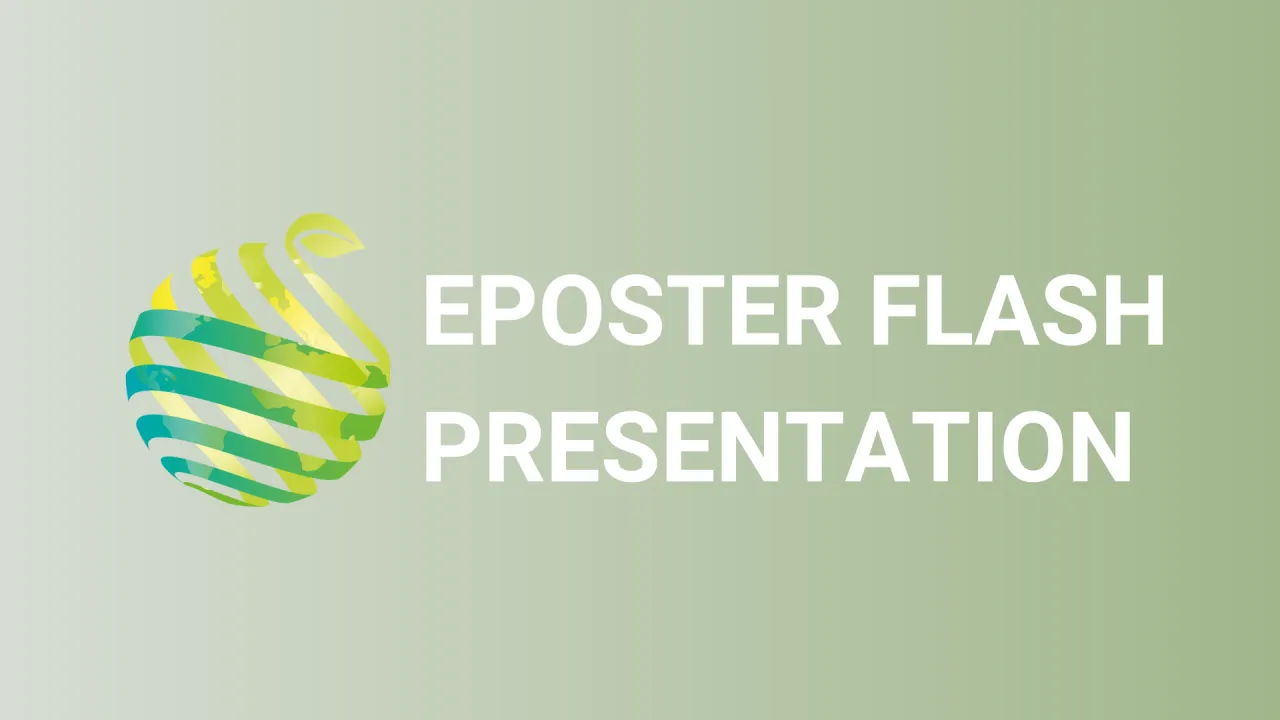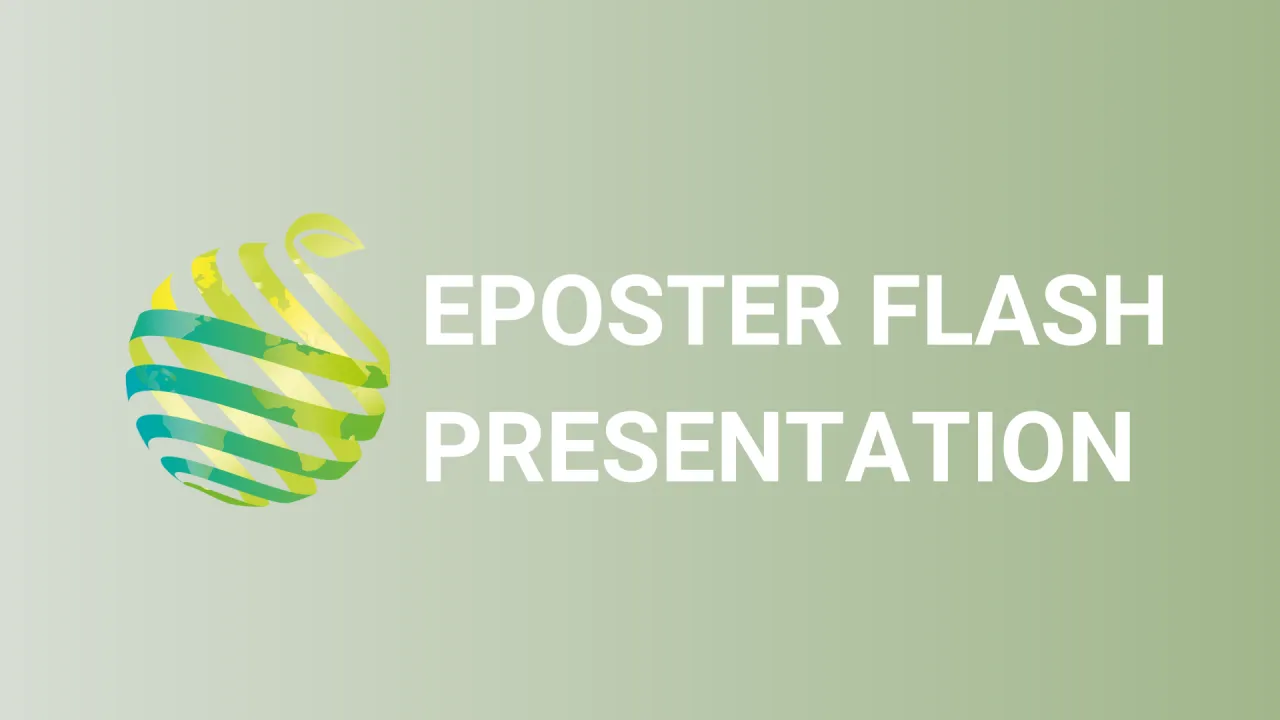

S03 - Session P1 - Seed treatments with beneficial microorganisms affect root structure and biomass of cucumber seedlings
Information
Authors: Giuseppe Colla, Mariateresa Cardarelli, Francesca Luziatelli, Maurizio Ruzzi, Youssef Rouphael *
Seedling growth enhancement is a primary objective of the modern cultivation strategies since contribute to successful establishment and crop performance. To affect germination and early developmental stages of plants, beneficial microorganisms can be applied to the seed surface before sowing for promoting biostimulant effects on plants. The objective of the present study was to investigate the effectiveness of different bacteria and fungi strains on cucumber seed germination, seedling vigour, rooting and biomass development. Cucumis sativus seeds were externally treated with Bacillus megaterium (strain B24 or B27) (first experiment), and Trichoderma atroviride (strains Ta56, Ta117, TATU, Tat11) or T. longibrachiatum strain Tl41 (second experiment) and sown in polystyrene plug trays on a sterile substrate (sand: peat; 1:1) (25°C; 16-h photoperiod). The inoculation dose was 1×10 4 spores/seed for all microorganisms. Both B. megaterium strains (B24 and B27) promote leaf area but only seedlings inoculated with strain B24 exhibited higher shoot and root biomass (fresh and dry weight) in comparison to untreated control; the root phenotyping also revealed thicker roots for seed treatment with B. megaterium strain B24. Under Trichoderma inoculation, the strain Ta117 ( T. atroviride ) resulted in the greatest biostimulating effect by promoting germination, vigor index, root density, seedling length, shoot and root biomass, and root thickness (volume and diameter) respect to control. Strains TATU and Ta56 also promoted germination, root density and seedling growth but with lower values than Ta117 whereas strain Tl41 (belonging to T. longibrachiatum species) cannot be evaluated for effectiveness, showing only for some parameters (shoot fresh weight and root length) better results than the control. Our results underline the value of seed treatment with microorganisms in promoting the development of more vigorous seedlings with a larger root system, and thus higher ability to capture resources and cope with different agronomic and environmental conditions.